Historical events on February 2
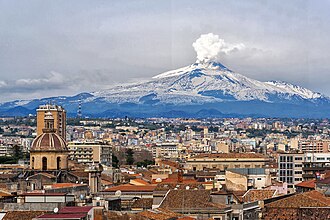
FEBRUARY 2, 2007
Following a Derby di Sicilia match in Catania, football violence caused the death of police officer Filippo Raciti, leading to new safety regulations at Italian sporting events.
The Derby di Sicilia or Sicilian Derby in English, is a local derby between Italian football clubs Catania FC and Palermo FC.
Read More

FEBRUARY 2, 2004
Swiss tennis player Roger Federer became the top-ranked men's singles player, a position he held for a record 237 consecutive weeks.
Roger Federer is a Swiss former professional tennis player. He was ranked as the world No. 1 in men's singles by the
Read More
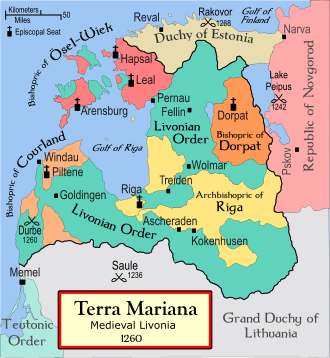
FEBRUARY 2, 1207
Terra Mariana, comprising present-day Estonia and Latvia, was established as a principality of the Holy Roman Empire.
Terra Mariana was the formal name for Medieval Livonia or Old Livonia. It was formed in the aftermath of the Livonian Crusade,
Read More
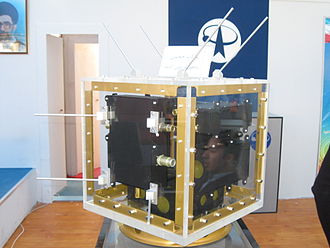
FEBRUARY 2, 2009
Omid, Iran's first domestically made satellite, was successfully launched from Semnan Space Center.
Omid was Iran's first domestically made satellite. Omid was a data-processing satellite for research and telecommunications; Iran's state television reported that it
Read More
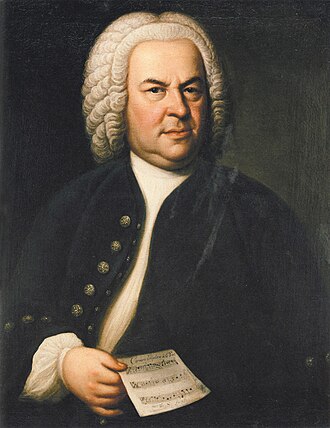
FEBRUARY 2, 1725
J. S. Bach led the first performance of his chorale cantata Mit Fried und Freud ich fahr dahin, BWV 125, based on Luther's paraphrase of the Nunc dimittis.
Johann Sebastian Bach was a German composer and musician of the late Baroque period. He is known for his prolific output across
Read More
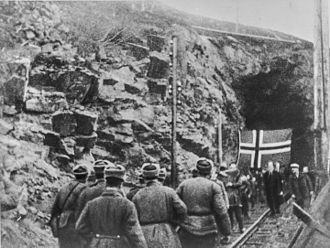
FEBRUARY 2, 1942
The first act of the Norwegian resistance movement took place with the bombing of Oslo East Station by the Osvald Group to protest the inauguration of Vidkun Quisling.
The Norwegian resistance to the occupation of Norway by Nazi Germany began after Operation Weserübung in 1940 and ended in 1945. It
Read More
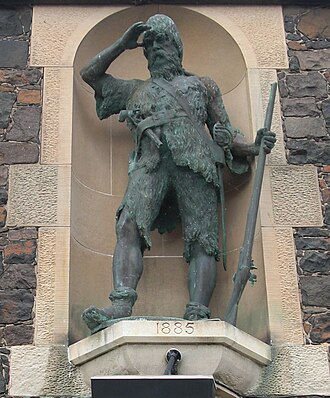
FEBRUARY 2, 1709
Scottish sailor Alexander Selkirk was rescued by English captain Woodes Rogers and his crew after spending four years as a castaway on an uninhabited island in the Pacific, providing the inspiration for Daniel Defoe's novel Robinson Crusoe.
Alexander Selkirk was a Scottish privateer and Royal Navy officer who spent four years and four months as a castaway (1704–1709) after
Read More
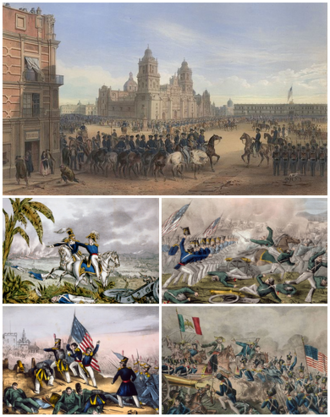
FEBRUARY 2, 1848
Mexican–American War: During the American occupation of Mexico City, diplomats signed the Treaty of Guadalupe Hidalgo, which ended the war and had Mexico cede 1.36 million square kilometres (530,000 sq mi) of territory and the United States pay US$15 million.
The Mexican–American War, also known in the United States as the Mexican War, and in Mexico as the United States intervention in
Read More
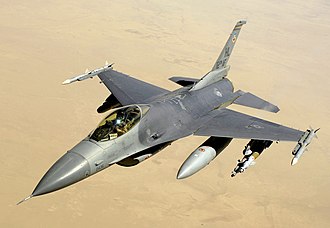
FEBRUARY 2, 1974
The F-16 Fighting Falcon (pictured), the most numerous fixed-wing aircraft currently in military service, made its first flight.
The General Dynamics F-16 Fighting Falcon is an American single-engine supersonic multirole fighter aircraft originally developed by General Dynamics for the United
Read More
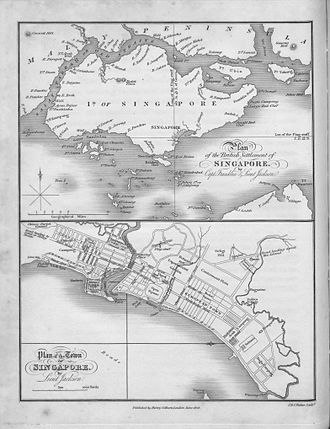
FEBRUARY 2, 1963
113 alleged communists were arrested and detained without trial by Singapore's security agencies.
Operation Coldstore was the code name for a covert anti-communist security operation that took place in Singapore on 2 February 1963, which
Read More
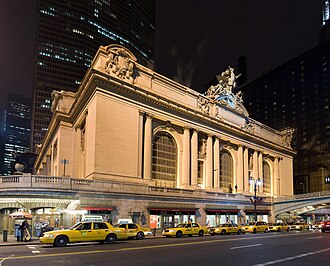
FEBRUARY 2, 1913
New York City's Grand Central Terminal, the world's largest train station by number of platforms, opened immediately after midnight.
Grand Central Terminal is a commuter rail terminal located at 42nd Street and Park Avenue in Midtown Manhattan, New York City. Grand
Read More
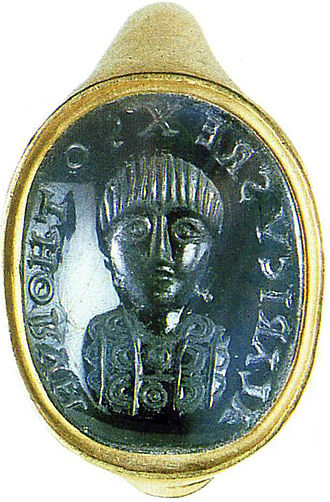
FEBRUARY 2, 506
Alaric II, King of the Visigoths, promulgated a collection of Roman law known as the Breviary of Alaric.
Alaric II was the King of the Visigoths from 484 until 507. He succeeded his father Euric as King of the Visigoths
Read More
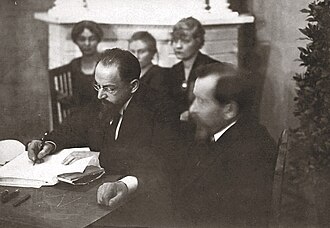
FEBRUARY 2, 1920
The signing of the Treaty of Tartu ended the Estonian War of Independence, with Soviet Russia agreeing to recognize the country's independence and renounce in perpetuity all rights to its territory.
The Treaty of Tartu is a peace treaty that was signed in Tartu on 2 February 1920 between the Republic of Estonia
Read More
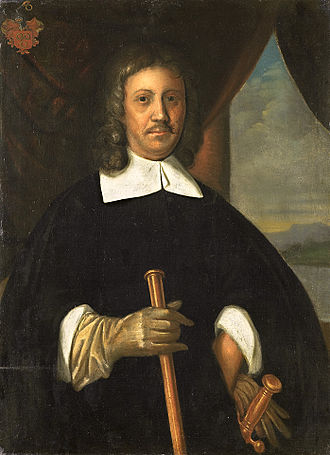
FEBRUARY 2, 1659
Jan van Riebeeck, the founder of Cape Town, produced the first bottle of South African wine (vineyard pictured).
Johan Anthoniszoon "Jan" van Riebeeck was a Dutch navigator, ambassador and colonial administrator of the Dutch East India Company.
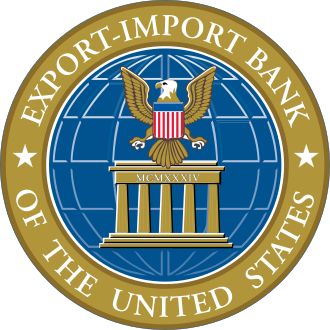
FEBRUARY 2, 1934
The Export–Import Bank of the United States, the country's official export credit agency, was established.
The Export–Import Bank of the United States (EXIM) is the official export credit agency (ECA) of the United States federal government. Operating
Read More
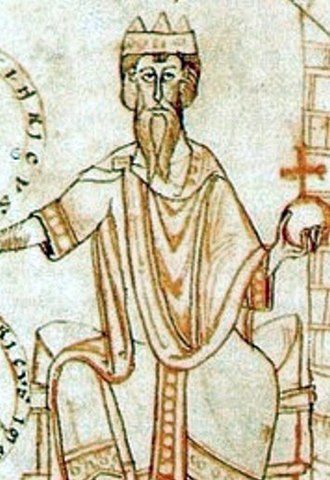
FEBRUARY 2, 1033
An assembly at the Abbey of Payerne crowned Conrad II (pictured) king of Burgundy.
Payerne Priory was a Cluniac monastery at Payerne, in Vaud, Switzerland. The monastery is a Swiss heritage site of national significance.
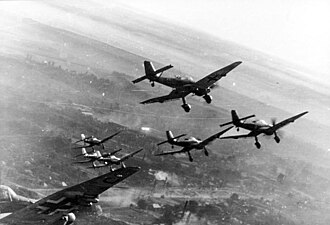
FEBRUARY 2, 1943
World War II: The Soviet Red Army captured 91,000 tired and starving German soldiers, ending the Battle of Stalingrad, one of the bloodiest battles in human history.
World War II or the Second World War was a global conflict between two coalitions: the Allies and the Axis powers. Nearly all
Read More
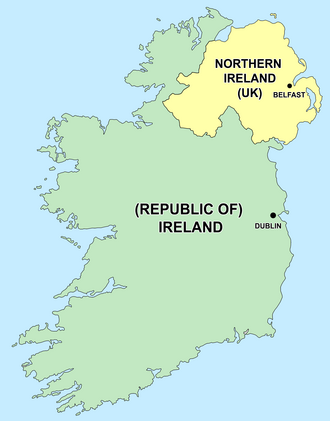
FEBRUARY 2, 1972
The Troubles: Protestors burned the British Embassy in Ireland following the massacre of 14 civilians in Derry by British forces.
The Troubles were an ethno-nationalist conflict in Northern Ireland that lasted for about 30 years from the late 1960s to 1998. Also
Read More
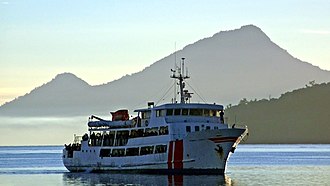
FEBRUARY 2, 2012
The passenger ferry MV Rabaul Queen capsized and sank in rough conditions in the Solomon Sea, resulting in at least 88 deaths.
MV Rabaul Queen was a passenger ferry owned by the Papua New Guinea company Rabaul Shipping. The ship, built in Japan in 1983,
Read More
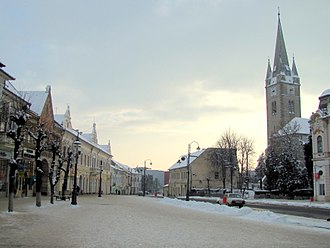
FEBRUARY 2, 1438
Nine leaders of the Transylvanian peasant revolt were executed at Torda.
The Transylvanian peasant revolt, also known as the peasant revolt of Bábolna or Bobâlna revolt, was a popular revolt in the eastern
Read More
Showing selected events of February 2
February Events
- February 1
- February 2
- February 3
- February 4
- February 5
- February 6
- February 7
- February 8
- February 9
- February 10
- February 11
- February 12
- February 13
- February 14
- February 15
- February 16
- February 17
- February 18
- February 19
- February 20
- February 21
- February 22
- February 23
- February 24
- February 25
- February 26
- February 27
- February 28
- February 29

